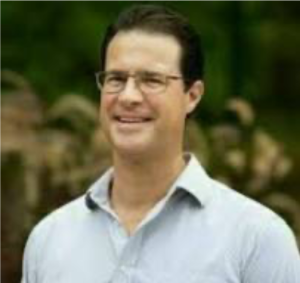Presented By: Interdisciplinary Committee on Organizational Studies - ICOS
Accounting for Socialization: Professional Education and Quantitative Governance
Timothy Hallett, University of Notre Dame

“Accountability” has become an increasingly prominent form of governance across the globe. However, we know little about how the people who craft and implement such policies learn the rationale of accountability. How do future policy professionals learn accountability? That is, how is accountability, as a form of governance, taught and learned? These questions pertain to professional socialization and are key to understanding the spread and implementation of accountability policies across organizations. To answer these questions, we draw from a 2-year ethnography of a cohort of students at a highly regarded Masters of Public Affairs (MPA) program. Utilizing an inhabited institutional approach, we find that the students learn accountability indirectly through an emphasis on the quantitative techniques that facilitate accountability. Instead of directly debating forms of governance such as accountability, the students become versed in quantitative “language” and “tools,” which in different ways support or actively promote forms of accountability in their careers. As an institutional rationale and form of governance, accountability is inhabited by policy professionals who have been socialized into quantitative language and tools.